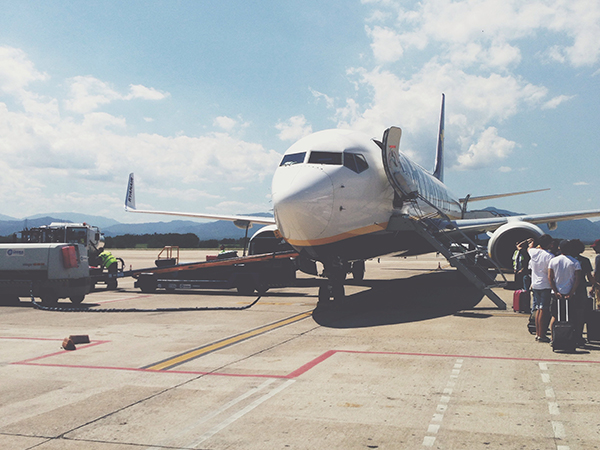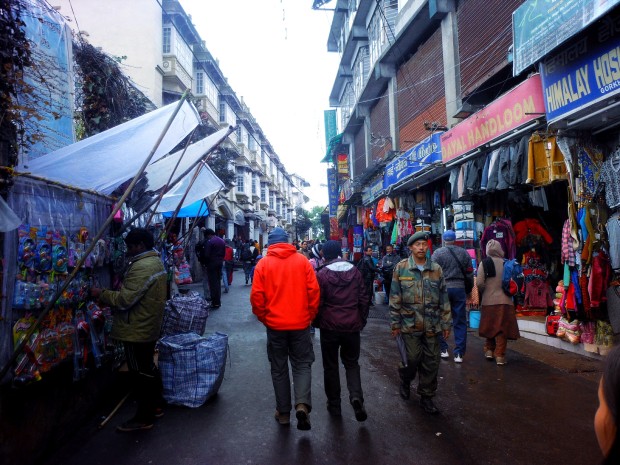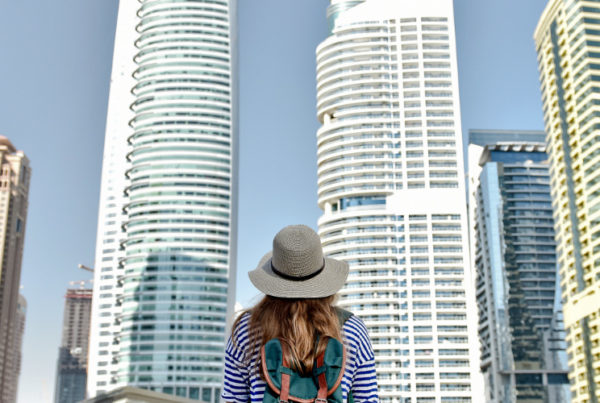What might be accepted in your country could be offensive in another country, and you don’t want to be that traveler who’s constantly disrespecting the locals of the country you’re visiting and humiliating yourself because you don’t know the country’s customs and traditions.
When traveling abroad, you want to make sure you eat right, tip correctly, know whether to shake hands or bow and are polite to the locals and business partners you interact with. Knowing the customs, traditions and etiquette of the country you’re traveling to shows your respect to the country and its people, helps you fit in better and makes sure you seal that business deal you’ve worked so hard for.
Before you book your hotel and jet off on your international travels, look over both business and leisure travel international etiquette tips so you fully enjoy your new cultural experience and avoid embarrassment.
Business travel etiquette

Do’s
The Americas
Do answer your phone in a meeting in Brazil. People answer their phones during meetings and it’s rude if you don’t answer but not rude to interrupt a meeting by answering the phone.
Do stand close to someone and initiate physical contact during a conversation, it means you trust the one you’re talking to in Brazil.
Do be on time to meetings in Canada.
Asia Pacific
Do bring a gift from your home country to give to you business associates at meetings in China.
Do decline a gift 3 times before finally accepting it in China, to show you’re not greedy. The Chinese do the same thing when they’re given gifts.
Do begin a business meeting in Japan by exchanging business cards and make sure you hand it to your colleague with both hands while facing them.
Don’ts
The Americas
Don’t leave a meeting early, even if it runs late, in Brazil.
Asia Pacific
Don’t bring clocks as gifts in China, because they represent death.
Don’t say “no” during a business meeting in India because it’s considered rude. Instead say “possibly” or “I will try”.
Don’t order beef during a business lunch in India since cows are very sacred to their culture.
Leisure travel etiquette

Dining and dood
Do’s
Asia Pacific
Do slurp when eating noodles in Japan.
Africa and the Middle East
Do eat with your right hand only in Africa, Sri Lanka, India and the Middle East.
Do wash your hands thoroughly before and after your meal in Africa, Sri Lanka, India and the Middle East.
Do scoop food with your fingers in Africa, Sri Lanka, India, and the Middle East.
Don’ts
Asia Pacific
Don’t stick chopsticks upright into a bowl of rice in Japan because that’s how it’s offered to their dead.
Don’t fill your own glass, but fill the glass of the person sitting next to you in Japan and then they will reciprocate.
Don’t leave tips at restaurants in Japan. Tipping isn’t common there, and the waiter might take it as an insult.
Europe
Don’t ask for salt or pepper if it’s not sitting on the table in Portugal.
Don’t discuss money over dinner or ask to split the bill in France.
Don’t use a fork and knife to cut your salad in France.
Body language and hand gestures
Do’s
Asia Pacific
Do understand that a local picking their nose while talking to you is considered good hygiene in Thailand.
Don’ts
Asia Pacific
Don’t use your finger to summon someone in the Philippines since they use that gesture to call dogs or in Japan and Singapore since it signifies death.
Don’t point at things with your feet or touch any part of someone’s body with your feet in Asia. It’s considered the lowest part of the body.
Don’t pat someone’s head in Thailand. The head is the most sacred part of the body so it’s disrespectful to touch or rub it.
Don’t stick up your index and middle finger with your palm facing you in Australia and New Zealand.
Europe
Don’t stick up your index and middle finger with your palm facing you in Ireland or the UK. It’s equivalent to flipping someone off.
Don’t give the thumbs up sign in Greece and parts of Italy because it means “up yours” to them instead of good job.
Don’t wave to people with an open palm in Greece since it’s like flipping someone off.
The Middle East
Don’t give the thumbs up in Afghanistan and Iran, either.
Now that you know the do’s and don’ts of international business and leisure travel etiquette, you’re prepared to go anywhere in the world. For even more preparation, learn some key phrases in the native language of where you’re traveling, and remember, if you ever forget proper etiquette, just observe and follow what the locals do.




